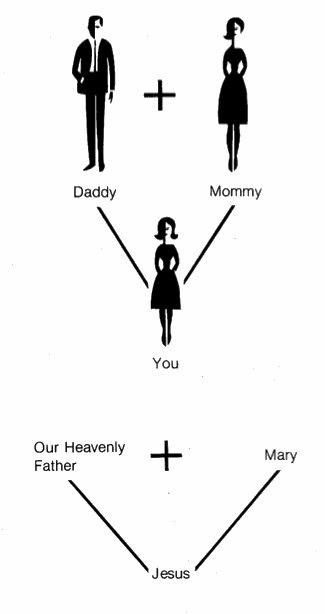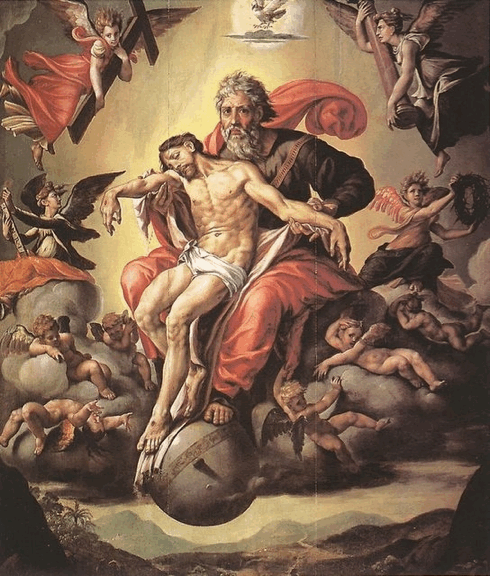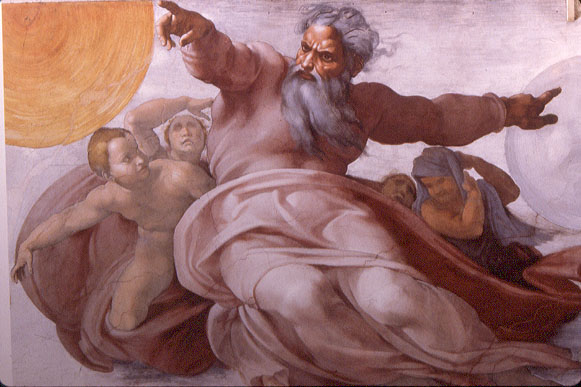Richard of St. Victor 10 – Perfect Happiness Requires Perfect Love (Scott)

After his initial argument from perfect love for a Trinity of persons, Richard tries to support it by a brief argument from perfect happiness. Here I wish to summarize what I take to be this confirming argument from the plenitude of happiness. [Keep in mind that ‘plenitude’ has that particular meaning of a property of a substance that is not from another substance, but all other substances are from it.] Richard argues that if we are committed to the claim that God is perfectly happy, then we should also be committed to the claim that God is a Trinity of persons. Read More »Richard of St. Victor 10 – Perfect Happiness Requires Perfect Love (Scott)





















